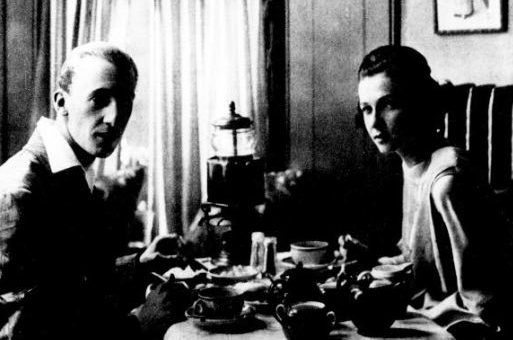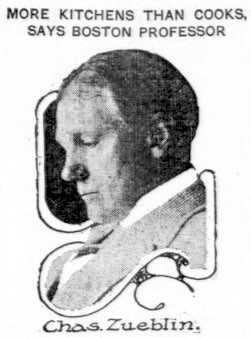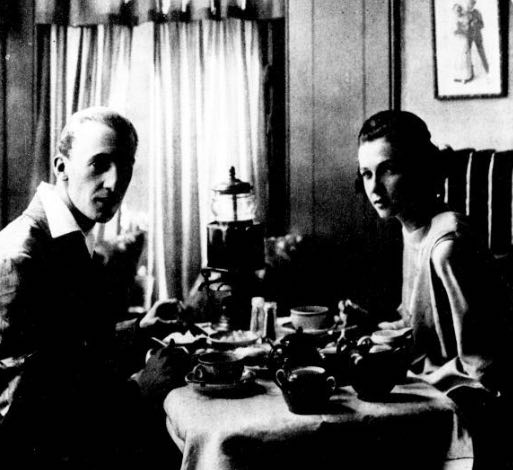
Women, in order to be desirable, must be able to cook. If she fails to make breakfast in the morning, she is not fit to be a wife or a mother.

That was the attitude towards women in the early to mid 1900s. After all, a Boston professor, Charles Zueblin, felt that a woman who failed to make breakfast should be forced to skip the meal altogether. He was quoted in 1915:
“No woman is fit to become a wife or mother unless she can cook. There are a million kitchens in New York City and only 100,000 cooks.”
What the professor failed to acknowledge was that many of these city women also had factory jobs where they were expected to work sixteen hour days, six to seven days a week. If these women had children, there was no way she could prepare meals for them and get the sleep that was necessary to prepare for work the next day.

Many of these women also lived without a husband. It wasn’t because they didn’t cook. It was because they became pregnant before they were married or they were widowed. A few had husbands who left them without getting a divorce, and there were plenty of husbands who, like their wives, worked full days and came home to sleep between shifts.
There was no time for cooking and feeding mouths. There was barely a free moment to eat the pre-made foods from the bakeries and food carts, let alone to run home, cook a full meal that took at least an hour to make, clean up afterwards, and head back to work.
In other words, home cooking was impossible for a large segment of the women living in the cities.

